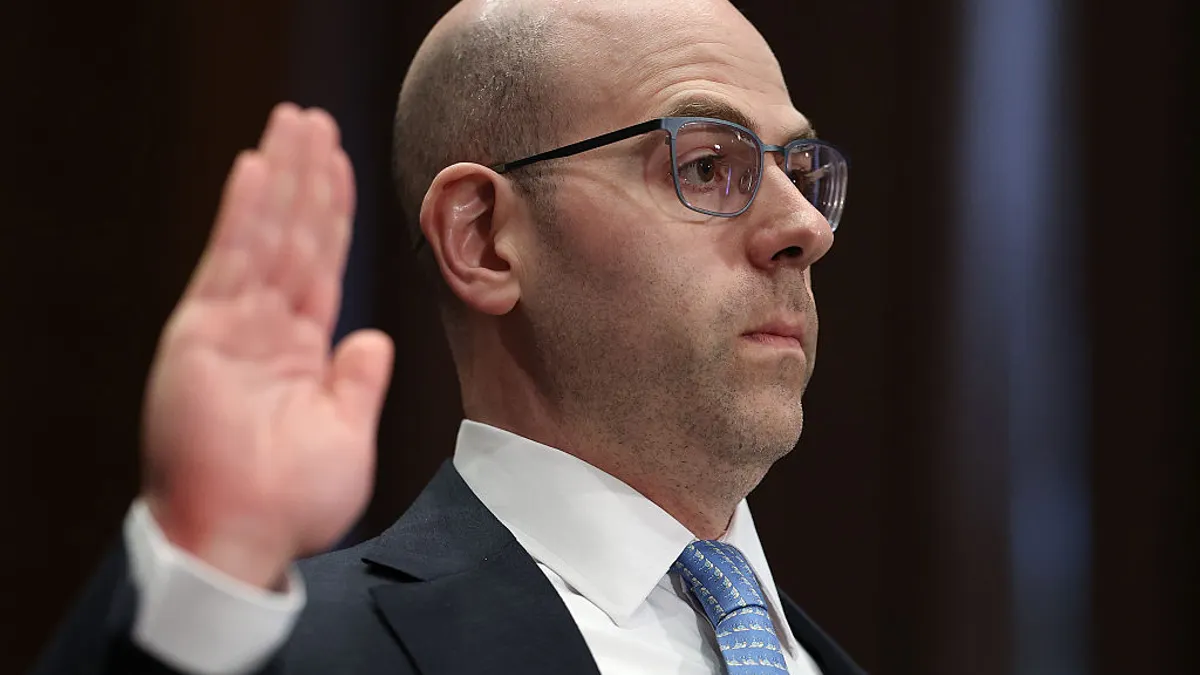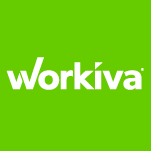Pressured by soaring inflation and shrinking capital raising opportunities, some CFOs are turning to an emerging financing instrument that frees up liquidity tied up in “trapped” insurance collateral by taking letters of credit off the the balance sheet.
Known as insurance collateral funding, the finance product is designed to solve a pain point that has long vexed treasurers and finance chiefs who opt for so-called loss-sensitive policies to lower their premiums on workers’ compensation, commercial vehicle and other company insurance, according to Stephen Roseman, chief executive and founder of the 1970 Group, a risk financing provider which began offering the product when the company was launched in 2020.
While loss-sensitive policies lower premiums, insurers require companies to put up collateral to cover the higher risk, and the insured companies typically use a bank letter of credit (LOC) or put cash in escrow to do that, effectively drawing down liquidity, Roseman said.
To address that problem, the 1970 Group works with a network of partner banks to issue letters of credit on the insured company’s behalf and transfers the collateral requirement off the company’s balance sheet. “By working with us you are able to immediately cancel your letter of credit with your existing bank, thereby restoring the full amount of the facility,” Roseman said. Companies can then redirect the capital to address a range of strategies such as growing through acquisitions or, in the current volatile environment, addressing cash flow issues they are running into, he said.
A $300 billion problem
“We estimate there’s $300 billion in trapped collateral, which is known in the industry as collateral jail or collateral handcuffs,” Roseman said in an interview, noting loss-sensitive insurance is a cost-containment route that middle market and larger corporations take as their insurance costs grow. “It’s a big problem. We are solving one of the most common pain points that exist in corporate America.”
The collateral funding typically has a one-year term which is generally coterminous with the policy, Roseman said. He declined to give a price range for the accommodation fee the the group charges but said it is pegged to rates that are set according to the company’s credit profile, with sub-investment grade companies paying more than investment grade.
Roseman, a 25-year veteran of the finance and insurance sector, had long observed the unlocked potential of the trapped collateral. He has held such roles as president and board member of Spencer Capital Holdings and president of the USA Risk Group, according to his LinkedIn. When the company was established in January of 2020 it enjoyed an unexpected headwind as companies in stressed sectors scrambled to find more liquidity.
“We didn’t plan for it when we stood up the business but the knock-on effect of the pandemic was that it was a benefit.” Roseman said. Early on, demand came from hospitality companies pressured by closed hotels as well as aerospace companies and retail. Later he said there was a surge of demand from energy companies. Now he’s again seeing more demand amid the uncertain macro economy and with insurance premiums along with the collateral amounts required by carriers rising.
“The appetite for learning about what we do has gone up dramatically,” he said, adding that companies “need to find a way to mitigate some of this lost liquidity to weather the storm.”
Rising insurance premiums are among the many increasing input costs facing finance chiefs as they manage growing selling, general and administrative expenses (SG&A) challenges. In the first quarter of 2022 global commercial insurance prices rose 11% although the rate has moderated since hitting its recent peak of 22% in the fourth quarter of 2020, according to the Global Insurance Market Index from Marsh.
Brian Cohen, CEO and founder of Arden Insurance Services, said he tapped the 1970 Group to help him meet a similar collateral requirement in 2020. The move enabled him to grow his firm.
“It’s a game changer,” Cohen said. “What the 1970 Group said is…’you’ll just pay us interest’ and it was a fraction of what I would have had to put up. Instead, I got to use the bulk of our money to grow our business by 40%.”























